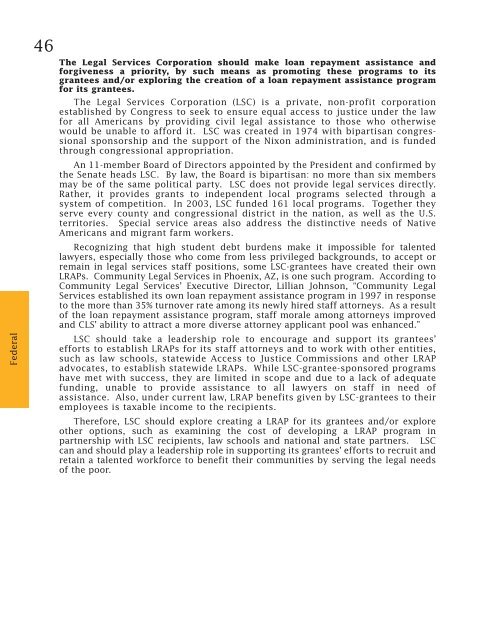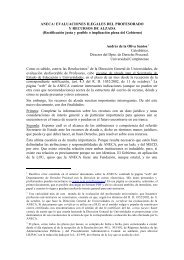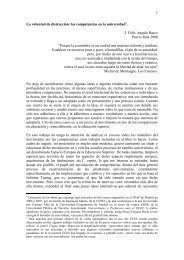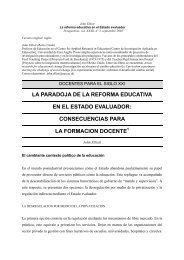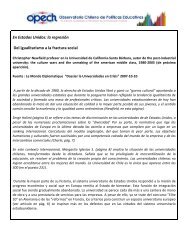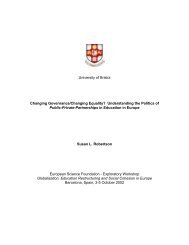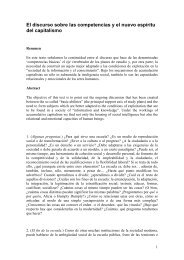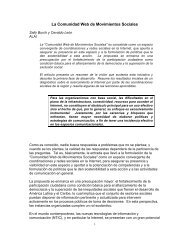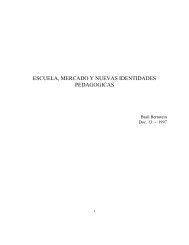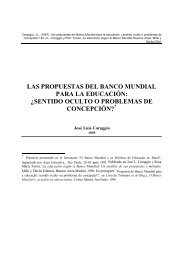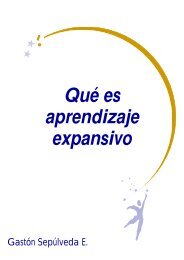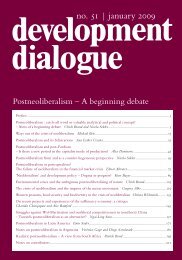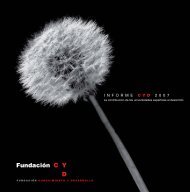Lifting the Burden: Law Student Debt as a Barrier to Public Service
Lifting the Burden: Law Student Debt as a Barrier to Public Service
Lifting the Burden: Law Student Debt as a Barrier to Public Service
Create successful ePaper yourself
Turn your PDF publications into a flip-book with our unique Google optimized e-Paper software.
Federal46The Legal <strong>Service</strong>s Corporation should make loan repayment <strong>as</strong>sistance andforgiveness a priority, by such means <strong>as</strong> promoting <strong>the</strong>se programs <strong>to</strong> itsgrantees and/or exploring <strong>the</strong> creation of a loan repayment <strong>as</strong>sistance programfor its grantees.The Legal <strong>Service</strong>s Corporation (LSC) is a private, non-profit corporationestablished by Congress <strong>to</strong> seek <strong>to</strong> ensure equal access <strong>to</strong> justice under <strong>the</strong> lawfor all Americans by providing civil legal <strong>as</strong>sistance <strong>to</strong> those who o<strong>the</strong>rwisewould be unable <strong>to</strong> afford it. LSC w<strong>as</strong> created in 1974 with bipartisan congressionalsponsorship and <strong>the</strong> support of <strong>the</strong> Nixon administration, and is fundedthrough congressional appropriation.An 11-member Board of Direc<strong>to</strong>rs appointed by <strong>the</strong> President and confirmed by<strong>the</strong> Senate heads LSC. By law, <strong>the</strong> Board is bipartisan: no more than six membersmay be of <strong>the</strong> same political party. LSC does not provide legal services directly.Ra<strong>the</strong>r, it provides grants <strong>to</strong> independent local programs selected through <strong>as</strong>ystem of competition. In 2003, LSC funded 161 local programs. Toge<strong>the</strong>r <strong>the</strong>yserve every county and congressional district in <strong>the</strong> nation, <strong>as</strong> well <strong>as</strong> <strong>the</strong> U.S.terri<strong>to</strong>ries. Special service are<strong>as</strong> also address <strong>the</strong> distinctive needs of NativeAmericans and migrant farm workers.Recognizing that high student debt burdens make it impossible for talentedlawyers, especially those who come from less privileged backgrounds, <strong>to</strong> accept orremain in legal services staff positions, some LSC-grantees have created <strong>the</strong>ir ownLRAPs. Community Legal <strong>Service</strong>s in Phoenix, AZ, is one such program. According <strong>to</strong>Community Legal <strong>Service</strong>s’ Executive Direc<strong>to</strong>r, Lillian Johnson, “Community Legal<strong>Service</strong>s established its own loan repayment <strong>as</strong>sistance program in 1997 in response<strong>to</strong> <strong>the</strong> more than 35% turnover rate among its newly hired staff at<strong>to</strong>rneys. As a resul<strong>to</strong>f <strong>the</strong> loan repayment <strong>as</strong>sistance program, staff morale among at<strong>to</strong>rneys improvedand CLS’ ability <strong>to</strong> attract a more diverse at<strong>to</strong>rney applicant pool w<strong>as</strong> enhanced.”LSC should take a leadership role <strong>to</strong> encourage and support its grantees’efforts <strong>to</strong> establish LRAPs for its staff at<strong>to</strong>rneys and <strong>to</strong> work with o<strong>the</strong>r entities,such <strong>as</strong> law schools, statewide Access <strong>to</strong> Justice Commissions and o<strong>the</strong>r LRAPadvocates, <strong>to</strong> establish statewide LRAPs. While LSC-grantee-sponsored programshave met with success, <strong>the</strong>y are limited in scope and due <strong>to</strong> a lack of adequatefunding, unable <strong>to</strong> provide <strong>as</strong>sistance <strong>to</strong> all lawyers on staff in need of<strong>as</strong>sistance. Also, under current law, LRAP benefits given by LSC-grantees <strong>to</strong> <strong>the</strong>iremployees is taxable income <strong>to</strong> <strong>the</strong> recipients.Therefore, LSC should explore creating a LRAP for its grantees and/or exploreo<strong>the</strong>r options, such <strong>as</strong> examining <strong>the</strong> cost of developing a LRAP program inpartnership with LSC recipients, law schools and national and state partners. LSCcan and should play a leadership role in supporting its grantees’ efforts <strong>to</strong> recruit andretain a talented workforce <strong>to</strong> benefit <strong>the</strong>ir communities by serving <strong>the</strong> legal needsof <strong>the</strong> poor.


